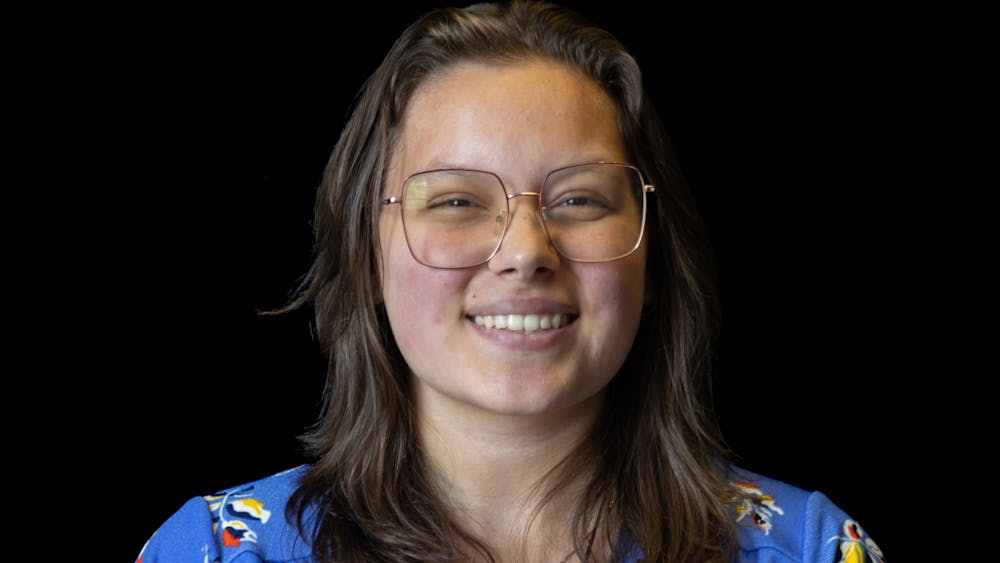Revenue increases for college of health professions
During a period of campus-wide deficits in funding and enrollment, one of Central Michigan University's smallest academic colleges is seeing a steady financial boost.
The College of Health Professions has shown continual revenue growth over the last four years. This year, CHP is projecting a modest 0.79-percent growth to $38.4 million in revenue, up from last year's total revenue of $38.1 million.
Edwardsberg junior Dylan Nylund said the promise of employment is responsible for the increased enrollment and subsequent budgets.
"The job security out there is pretty good," he said. "On top of that, it's one of the most growing industries."
Studying exercise science and kinesiology, Nylund has observed recent advances in the kinesiology program attracting more students.
When he arrived at CMU, the field was a singular program and was later expanded to offer specialized training in clinical exercise science and health fitness, along with kinesiology.
After graduate school, Nylund is certain he'll get a job.
"I know CMU's employment rates are high," he said. "It's pretty busy (at CHP). Classes are always full."
Midland graduate student Lauren Haskin believes her choice to enter the physician assistant program will prove to be employable during a time of increasing costs in the medical field.
"PAs are really needed when costs are high," she said. "Employing a PA costs a lot less than a physician, and we can do a lot of the same things."
CHP Dean Christopher Ingersoll thinks people are taking notice of the needs. He said shortages in health care personnel can account for the growing employability.
"It's just a societal thing," Ingersoll said. "Folks view health professions as a safe job to go into. We have an aging population. We're providing for shortages."
Ingersoll said the continued increases have reflected a growing student interest in heath care fields.
He said CMU has been working with other healthcare schools to meet the bourgeoning demand. The College of Health Professions is planning an informative event with Ferris State and Grand Valley Universities in November.
"We're all trying to talk about how to address growth," Ingersoll said. "We're studying to see opportunities to meet the demand. I think the interest in health careers is going to continue to grow for the forseeable future. We're still the smallest college, so we're looking to address the growing interest."
The dean said health education and physical therapy are seeing increases in popularity. The physicians assistant program, Ingersoll said, will fill just 40 spots, despite the hundreds of applicants.
"It's a thoughtful process," he said. "Health care comprises a very large percentage of the job market. If it tracks in the job market, we'd like to consider it. But we're not interested in opening a program just to open one."
Fourteen tenure-line instructors were added this year, Ingersoll said, comprising a mixture of retirement replacements and new positions. He said CHP is currently at work with the enrollment department to adjust to the expansions.
"We're working very closely with (Vice President of Enrollment and Student Services) Steven Johnson to recruit new students, but that has to match the availability," Ingersoll said. "A nursing program would be considered, depending on the available space. Recruiting faculty is difficult."
Ingersoll said he plans to attract more instructors through existing professional networks and competitive salaries.
"It's like any other competitive market," he said. "We need to get people to see our facilities. That helps out a lot."
Alyssan Allwardt, a grad student in PA program from Alma, pointed to her classmates' high test scores as proof of the college's success.
"I think almost everyone's PANCE tests passed, so CMU's doing something right," she said. "It amazes me that you have all these people coming out of it. Somehow people keep finding jobs"




